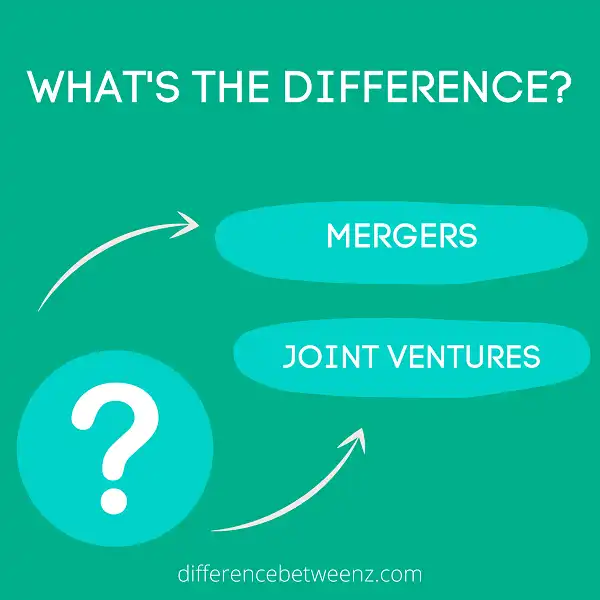When two businesses merge, they become one entity. This can be a great way to consolidate resources and achieve economies of scale, but it can also be risky if the merger doesn’t go as planned. Joint ventures, on the other hand, are typically less risky because they involve two separate entities working together towards a common goal. In this article, we’ll explore the key differences between mergers and joint ventures so you can decide which is right for your business.
What is Merger?
A merger is a business combination in which the ownership of two companies, or parts of companies, is transformed into a single company. The term “merger” generally refers to the absorption of one company by another company, although it may also refer to the absorption of two companies by a new company. The resulting company is typically larger than either of the merging companies and has a more diversified business portfolio. Mergers often occur when companies want to expand their operations into new markets or product categories, or when they want to acquire new technology or intellectual property. In some cases, mergers are motivated by a desire to achieve economies of scale or to reduce competition. Mergers can be accomplished through a variety of structures, including stock swaps, asset swaps, and cash payments. They can also be accomplished through friendly negotiations or hostile takeovers. Regardless of the structure, all mergers must be approved by the shareholders of both companies and by regulatory agencies.
What is Joint Venture?
A joint venture (JV) is a business arrangement in which two or more parties agree to pool their resources for the purpose of achieving a common goal. The key feature of a joint venture is that each party retains an element of control and ownership over the enterprise. This type of arrangement is often used by companies that are seeking to expand into new markets or develop new products. Joint ventures can be beneficial for all parties involved, as they can provide access to new skills and resources, as well as help to spread the risk associated with starting a new venture. However, it is important to note that joint ventures can also be complex undertakings, and it is crucial to clearly define the roles and responsibilities of each party before entering into this type of agreement.
Difference between Mergers and Joint Ventures
Mergers and joint ventures are both strategic alliances between two or more companies. They are typically used in order to expand market share, enter new markets, or gain access to new technology or talent. While there are some similarities between the two, there are also some key differences. A merger is a full combination of two companies, in which one company is absorbed into the other and ceases to exist as a separate entity. A joint venture, on the other hand, is a temporary partnership between two companies in which they combine resources in order to achieve a common goal. Joint ventures are usually less complex and costly than mergers, and they offer more flexibility since each company maintains its own independent operations. As a result, joint ventures are often preferable when companies are looking to test out a new market or technology before committing to a full merger.
Conclusion
So, what is the difference between a merger and a joint venture? Mergers are typically when two businesses join forces to become one entity. Joint ventures, on the other hand, are usually more short-term and involve two companies working together for a specific project or goal. When deciding which route to take, it’s important to consider the pros and cons of both options and how they might benefit your business.


